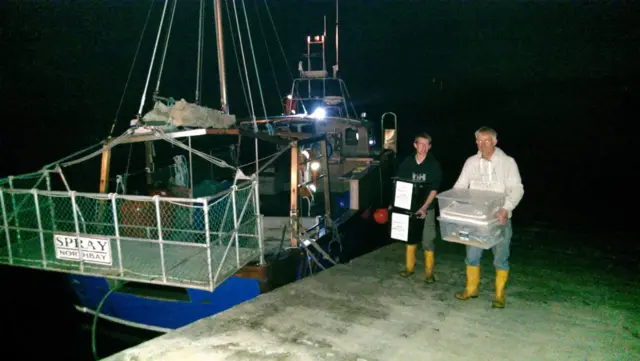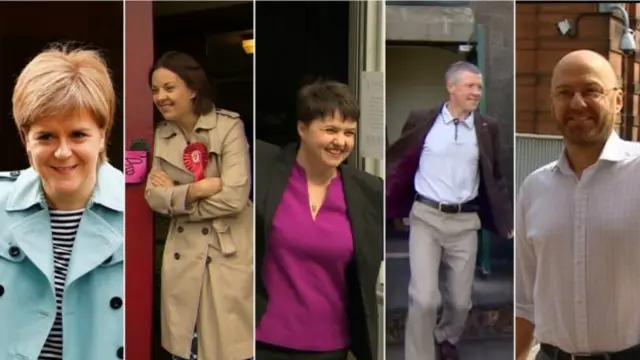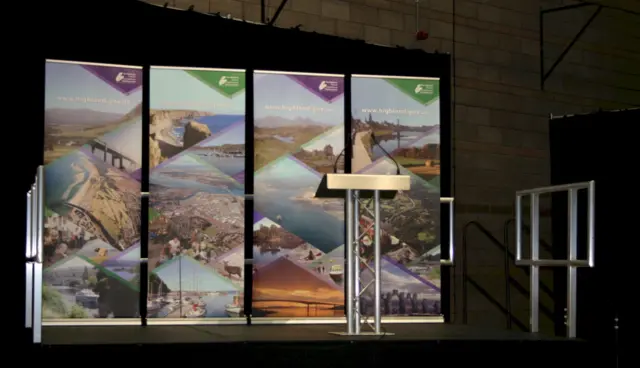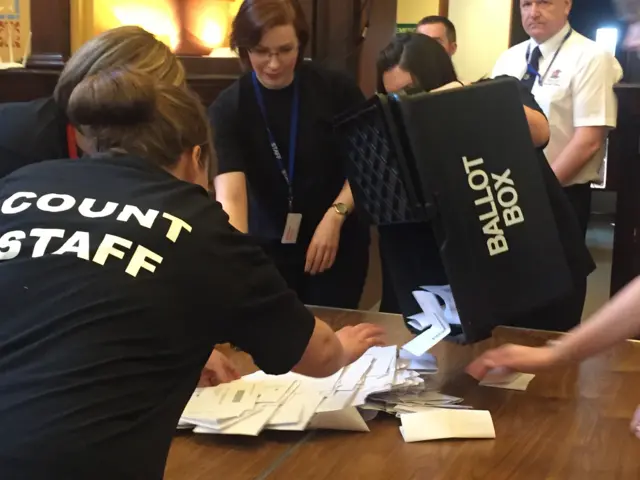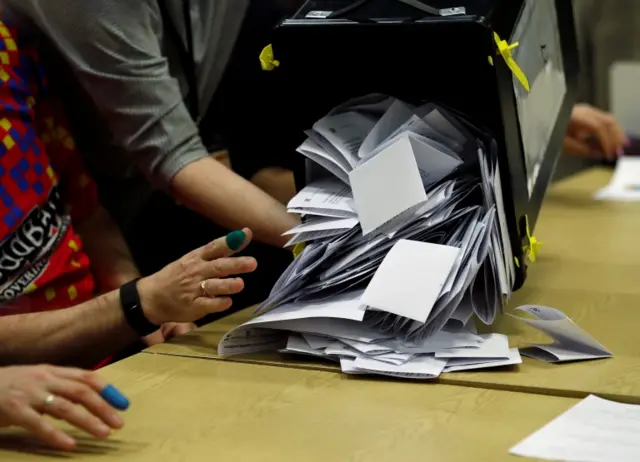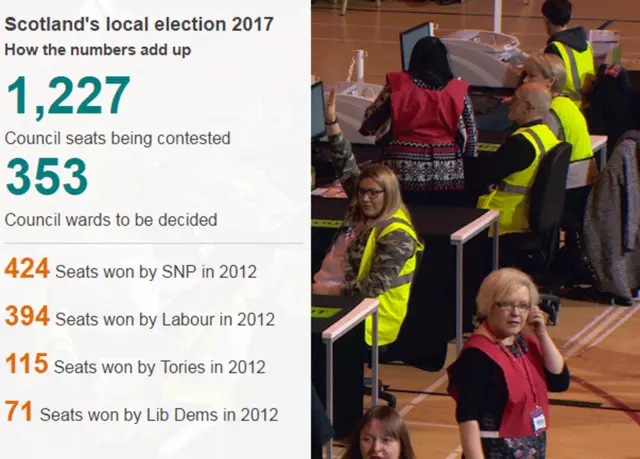Analysis: City of Edinburgh Councilpublished at 09:13 BST 5 May 2017
Nick Eardley
BBC Scotland Westminster correspondent
I'll be following the counts and declarations for Edinburgh Council where coalition politics has dominated for the last few years.
This is a city where the SNP, Conservatives, Labour and the Liberal Democrats all have seats they think they could win at the general election on 8 June (the nationalists won all bar one seat here in 2015 and have an eye on the one they didn't take).
All four parties will be looking at the results today to analyse their support and see whether the hopes they have at the moment are reflected in the ballots.
Ahead of this election, the council was governed by a Labour-SNP coalition - one of the few in the country.
The SNP are hoping they'll be the largest party at the end of counting. Labour will be hoping to stem the losses they've seen in other elections in Scotland.
The Conservatives hold 11 seats and today's result will be an indication of whether, as many have suggested, there has been a bounce for the party north of the border.
At Holyrood, Scottish Conservative leader Ruth Davidson took the party from fourth to win the Edinburgh central constituency. Was that personal appeal or a sign that the party's message is being well received in the capital? Some think it's possible the Tories could be the second biggest party.
The Lib Dems were the biggest party on the council between 2007 and 2012. But they were decimated in 2012 - losing 14 of their 17 seats. The party is confident they'll increase their tally today.
The Greens have six seats - it'll be interesting to see whether they benefit from an independence bounce - will SNP voters give the Greens their second or third preferences (and vice versa)? It's possible they'll be in a position to play a role in coalition negotiations in the coming days.
